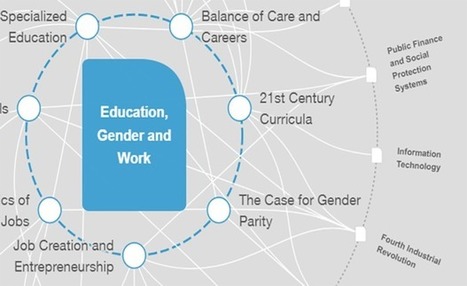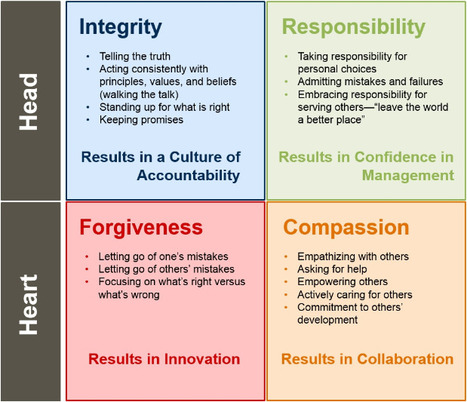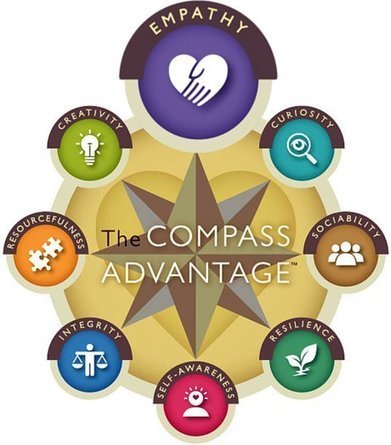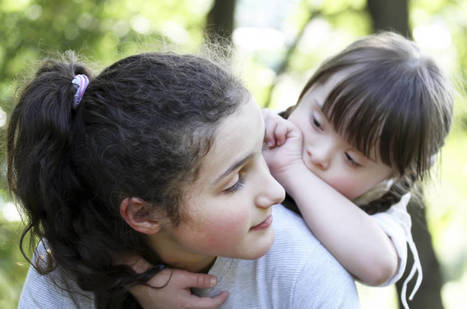Gute Sitten
Gute Sitten ist der positive moralische Wert der Sitte. Der Begriff umfasst das Gerechtigkeits- und Anstandsgefühl aller moralisch und gerecht Denkenden (Erwachsenen) in der Gesellschaft und entspricht folglich der vorherrschenden Rechts- und Sozialmoral. Gute Sitten ist, genau wie die im Grundgesetz für die Bundesrepublik Deutschland verwendete Formulierung Sittengesetz ( Abs.
Gute Sitten ist der positive moralische Wert der Sitte. Der Begriff umfasst das Gerechtigkeits- und Anstandsgefühl aller moralisch und gerecht Denkenden (Erwachsenen) in der Gesellschaft und entspricht folglich der vorherrschenden Rechts- und Sozialmoral.
Learn more / En savoir plus / Mehr erfahren:
https://www.scoop.it/topic/21st-century-learning-and-teaching/?&tag=Civilit%C3%A9
https://www.scoop.it/topic/21st-century-learning-and-teaching/?&tag=civility
http://www.scoop.it/t/21st-century-learning-and-teaching/?&tag=Empathy
https://www.scoop.it/topic/21st-century-learning-and-teaching/?&tag=DQ
http://www.scoop.it/t/21st-century-learning-and-teaching/?tag=Empathy
http://www.scoop.it/t/21st-century-learning-and-teaching/?tag=Soft+Skills
http://www.scoop.it/t/21st-century-learning-and-teaching/?tag=Daniel-GOLEMAN
http://www.scoop.it/t/21st-century-learning-and-teaching/?tag=Emotional-Intelligence
http://www.scoop.it/t/21st-century-learning-and-teaching/?tag=EQ
https://www.scoop.it/t/21st-century-learning-and-teaching/?&tag=Frank+SONNENBERG



 Your new post is loading...
Your new post is loading...





























Gute Sitten ist der positive moralische Wert der Sitte. Der Begriff umfasst das Gerechtigkeits- und Anstandsgefühl aller moralisch und gerecht Denkenden (Erwachsenen) in der Gesellschaft und entspricht folglich der vorherrschenden Rechts- und Sozialmoral.
Learn more / En savoir plus / Mehr erfahren:
https://www.scoop.it/topic/21st-century-learning-and-teaching/?&tag=Civilit%C3%A9
https://www.scoop.it/topic/21st-century-learning-and-teaching/?&tag=civility
http://www.scoop.it/t/21st-century-learning-and-teaching/?&tag=Empathy
https://www.scoop.it/topic/21st-century-learning-and-teaching/?&tag=DQ
http://www.scoop.it/t/21st-century-learning-and-teaching/?tag=Empathy
http://www.scoop.it/t/21st-century-learning-and-teaching/?tag=Soft+Skills
http://www.scoop.it/t/21st-century-learning-and-teaching/?tag=Daniel-GOLEMAN
http://www.scoop.it/t/21st-century-learning-and-teaching/?tag=Emotional-Intelligence
http://www.scoop.it/t/21st-century-learning-and-teaching/?tag=EQ
https://www.scoop.it/t/21st-century-learning-and-teaching/?&tag=Frank+SONNENBERG